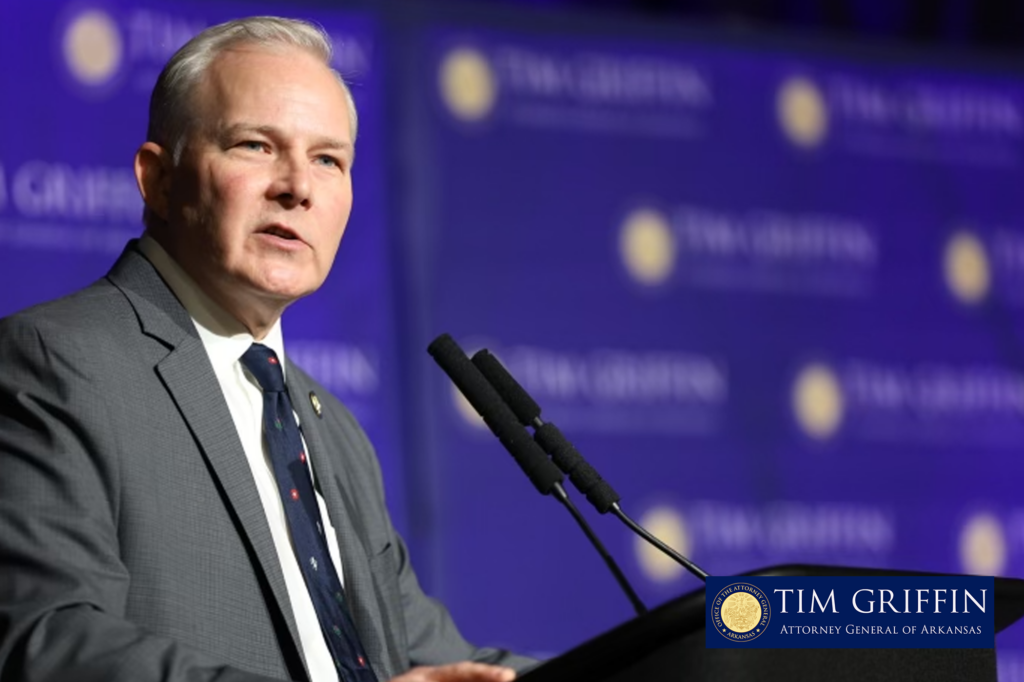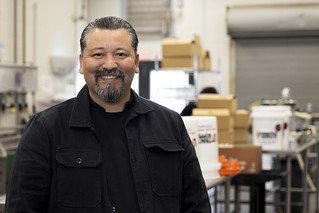The conference will feature a variety of speakers leading sessions on the principles of regenerative farming. Attendees will learn about building soil health, water conservation and climate change mitigation on farms and ranches. Topics will also include cover cropping, intensive rotational grazing, native forages and more.
The conference will take place 9 a.m.-5 p.m. each day. There is also a pre-conference farm tour in Hackett, Arkansas, from 8 a.m.-10:30 a.m. on Nov. 7. Tickets are $75 and include breakfast for two days and lunch on the second day. Register at uada.formstack.com/forms/aregenerate.
Amanda Spradlin, Sebastian County extension horticulture agent, said the conference is the first of its kind hosted by the Division of Agriculture.
“The conference will encompass the regenerative agriculture methodology for crop and livestock producers,” Spradlin said. “I have received a lot of interest from University of Arkansas extension, out-of-state universities, private businesses, government organizations and non-profits.”
Spradlin said regenerative agriculture incorporates crucial methods of improving water conservation, soil health and ecosystem resilience to climate change.
“Regenerative agriculture differs from conventional methods because it encourages diversity and discourages soil disturbances like tillage, synthetic chemical sprays and fertilizers, continuous grazing and monoculture systems with little to no crop rotation,” Spradlin said. “Those practices compromise the soil microbiome and are associated with soil degradation over time.”
Another benefit of regenerative agriculture is that it emphasizes low input — such as water, fertilizer and fuel — helping farmers and producers increase their profit margins. Spradlin said that although access to capital is a significant stressor for farmers who want to improve their operations, more funding is becoming increasingly available.
“The good news is that the Natural Resources Conservation Service has excellent programs, such as the Conservation Stewardship Program and the Environmental Quality Incentives Program, to make the transition easier,” Spradlin said. “Our regional NRCS office is full of wonderful, helpful people who are receiving more funding for these programs every year.”
Changing methods in a changing world
In the era of climate change, regenerative farming offers methods that help mitigate the effects and adapt to farmers’ changing needs.
“Climate change, an effect of rising global average temperatures, will increasingly become an issue for farmers in the coming years,” Spradlin said. “Extreme weather events and increased pest and disease pressure make it difficult for farmers to make ends meet, as it increases their chances of losing crops, forages and livestock.
“The United Nations has estimated only 60 harvests left before arable soils are depleted,” she said. “This will exacerbate global food insecurity. One of the significant benefits of regenerative agriculture — specifically intensive rotational grazing — is that it builds organic soil matter. For every one percent increase in organic matter, you can expect an increase of about 20,000 gallons of water per acre that soils can hold. This increases forage drought resilience.”
Spradlin said she is seeking more vendor and speaker applicants for the conference. Applicants whose research or experience aligns with regenerative methods should submit an abstract or brief overview of their topic to Spradlin. The deadline to apply as a speaker is Oct. 28. To sign up to be a vendor or inquire about speaking, contact Spradlin at aspradlin@uada.edu.
“This conference is a one-of-a-kind opportunity to learn and network with experienced professionals, including those from the University of Arkansas,” Spradlin said. “I hope to inspire people all over Arkansas to change our relationship with the land we love.
“Whether you are a livestock producer, crop grower, homesteader, gardener, researcher, student or a lifelong learner, I want you to be there,” she said. “I hope this is the first of many conferences to come.”
For more information, contact Spradlin at aspradlin@uada.edu or 479-484-7737.
To learn about extension programs in Arkansas, contact your local Cooperative Extension Service agent or visit www.uaex.uada.edu. Follow us on X and Instagram at @AR_Extension. To learn more about Division of Agriculture research, visit the Arkansas Agricultural Experiment Station website: https://aaes.uada.edu. Follow on X at @ArkAgResearch. To learn more about the Division of Agriculture, visit https://uada.edu/. Follow us on X at @AgInArk.






















